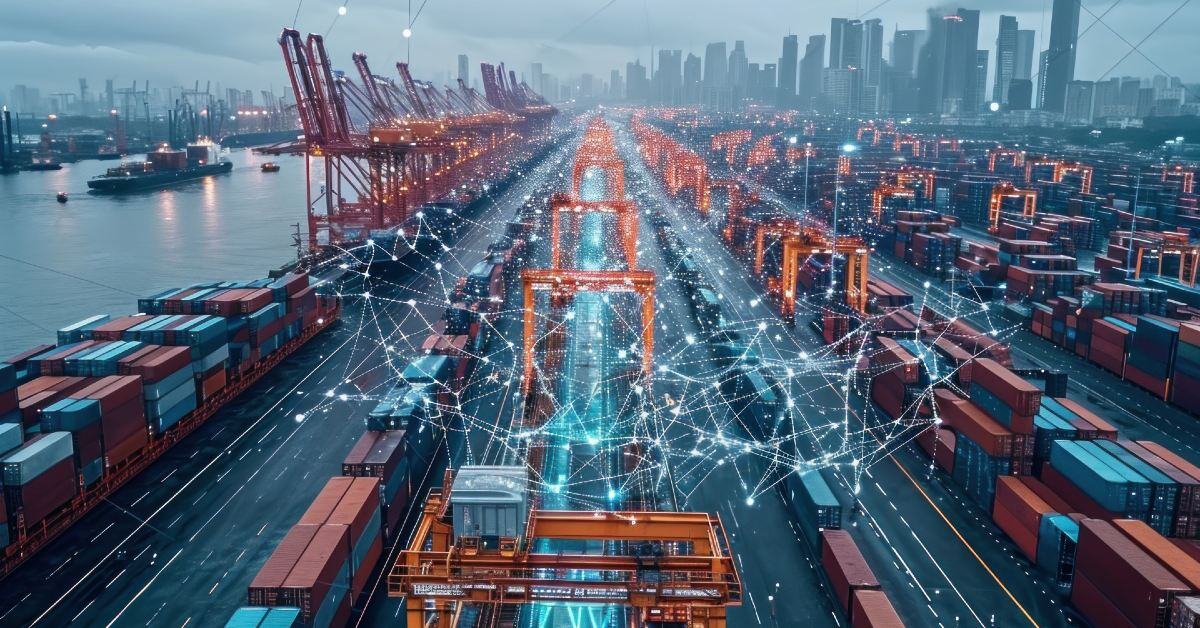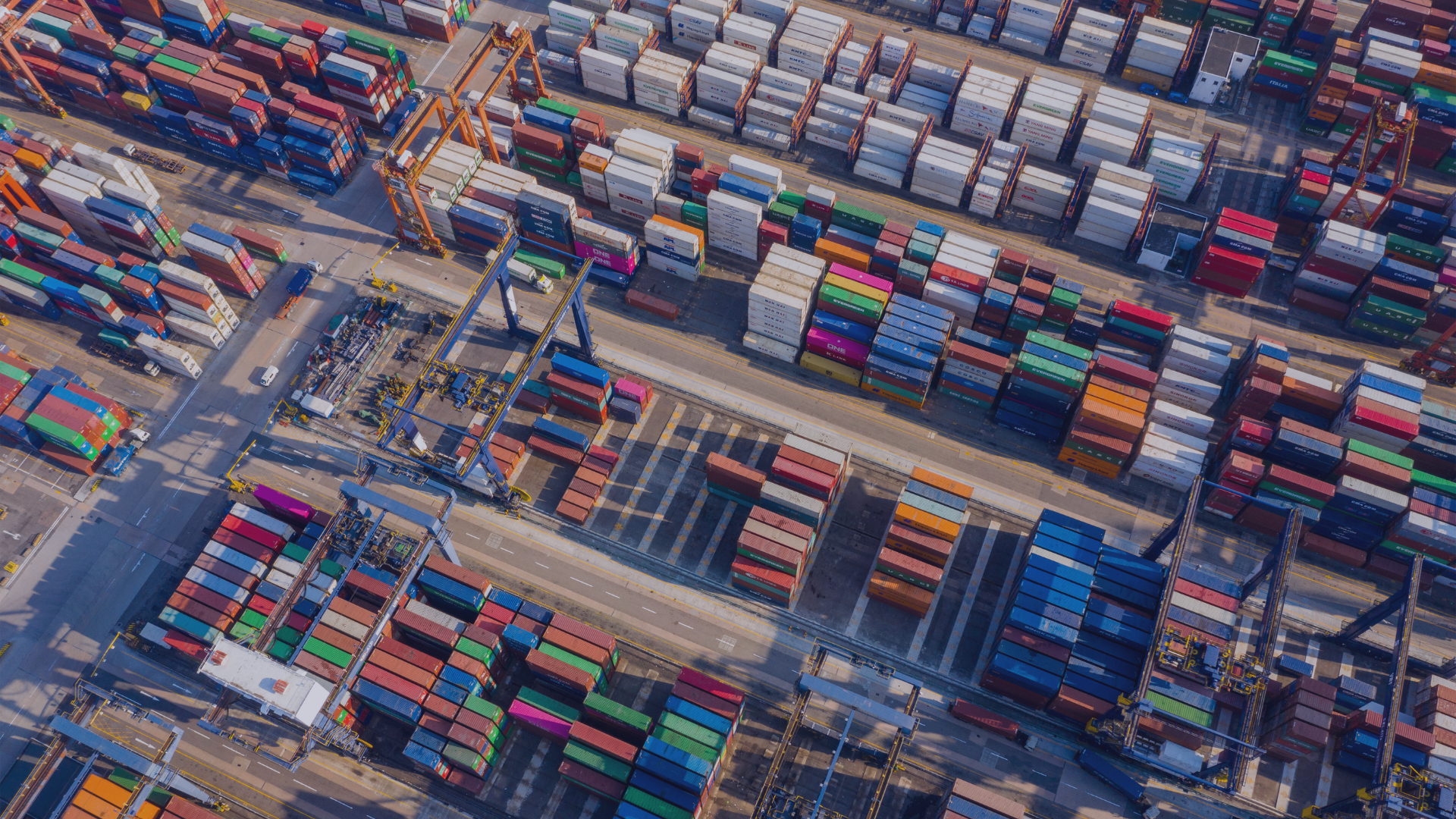Supplier risk management strategies for risk from multiple sources
Modern global supply chains are increasingly complex, and organizations can easily be overwhelmed by the responsibility of protecting them. It is...

Companies are increasingly interconnected in today's global economy and supplier relationships are integral to business success. However, the supplier risks associated with these partnerships — from cybersecurity vulnerabilities to compliance and ethical issues — can jeopardize supply chain integrity. Many businesses struggle to identify and manage these risks effectively, often facing costly consequences.
This guide serves as a foundational exploration into understanding supplier risk. We'll unpack the various types of risks businesses encounter and the importance of continuous monitoring as part of your risk management strategy.
Supplier risk encompasses many potential threats that can impact business operations. Understanding these risks is crucial for maintaining a resilient and ethical supply chain. Here are the primary types of supplier risks:
Suppliers can be a weak link in cybersecurity, providing potential entry points for cyberattacks. A breach in a supplier's system can lead to data theft, operational disruptions, and financial losses. For example, the infamous Target breach in 2013 occurred through a compromised HVAC supplier, highlighting the devastating impact of cybersecurity lapses in the supply chain. According to a 2023 report by IBM, the average cost of a data breach was USD$4.45 million, emphasizing the financial stakes involved in cybersecurity failures.
Compliance risks arise when suppliers fail to adhere to legal and regulatory requirements or simply let compliance documentation expire. This includes sanctions, labor laws, and industry-specific regulations. Non-compliance can result in fines, legal action, and reputational damage. For instance, businesses dealing with sanctioned entities may face severe penalties and restrictions. A notable example is the $1.3 billion fine imposed on ZTE Corporation by the U.S. government in 2017 for violating sanctions. Such incidents underscore the critical importance of ensuring supplier compliance.
Ethical risks involve suppliers engaging in practices like modern slavery, child labor, or unsafe working conditions. Such practices can lead to significant reputational damage and loss of consumer trust. The 2013 Rana Plaza collapse in Bangladesh, which exposed poor labor conditions in the apparel supply chain, is a stark reminder of the importance of ethical supplier practices. According to the International Labour Organization, 24.9 million people are trapped in forced labor worldwide, highlighting the urgent need for ethical vigilance.
Financial risks stem from the economic health of suppliers. A financially unstable supplier may fail to deliver goods or services, leading to supply chain disruptions. Monitoring financial stability is essential to ensure that suppliers can fulfill their contractual obligations. A 2024 Dun & Bradstreet report found that global bankruptcies increased 12.5% in 2023 leading to operational disruptions. Such statistics illustrate the potential impact of financial instability on business continuity.
DE+I risks relate to the inclusivity and fairness of supplier practices. Businesses and customers increasingly prioritize suppliers who demonstrate commitment to diversity and equity. Failing to consider DE+I can affect brand reputation and stakeholder trust. McKinsey's 2020 report on diversity found that diverse companies are more likely to financially outperform their peers. This underscores the business case for integrating DE+I considerations into vendor risk management.
ESG risks involve environmental impact, social responsibility, and suppliers’ governance practices. Businesses face increasing pressure to partner with suppliers who adhere to sustainable and responsible practices. Neglecting ESG considerations can lead to long-term environmental and social consequences, affecting brand image and market positioning. According to a 2021 PwC survey, 83% of consumers think companies should be actively shaping ESG best practices. This demonstrates the growing importance of ESG factors in maintaining a competitive edge.
CEO of RobobAI, Julian Harris, argues that traditional risk assessments, often conducted annually or biannually, may fall short:
“An annual risk assessment is no longer sufficient in the modern business environment. To stay ahead of the curve, businesses can no longer rely on manual compliance processes. They must leverage more advanced tools to proactively monitor risks and ensure sustained growth.”
Continuous monitoring offers an efficient and proactive approach to supply chain risk management. It provides regular insights and enables prompt response to emerging threats.
Continuous supplier risk monitoring allows businesses to detect potential risks as they arise, rather than waiting for periodic assessments. This constant vigilance is crucial for identifying cybersecurity breaches, compliance violations, and other immediate threats. For example, continuous monitoring can alert businesses to a sudden change in a supplier’s financial health, allowing for swift action to mitigate potential disruptions.
With continuous monitoring, businesses can take proactive measures to mitigate risks before they escalate. This approach protects against disruptions in supply chain operations and ensures business compliance and continuity. A proactive stance enables organizations to implement corrective actions quickly, such as finding alternative suppliers or renegotiating terms with existing ones. This agility is vital in today’s fast-paced business environment.
By continuously monitoring supplier performance, businesses can engage in more transparent and collaborative relationships. This transparency fosters trust and accountability, encouraging suppliers to adhere to best practices. Continuous monitoring can also facilitate better communication and cooperation, as suppliers understand that their performance is being consistently evaluated. This can lead to stronger, more resilient partnerships.
Access to up-to-date risk information enables better decision-making. Businesses can make informed choices about supplier selection, contract negotiations, and risk mitigation strategies. For instance, continuous data on a supplier’s compliance with ESG standards can guide decisions around how to improve or consider ending a partnership. This level of insight supports strategic planning and enhances overall supply chain management.
Understanding supplier risk and the importance of continuous risk monitoring is essential for maintaining a resilient supplier base and compliant supply chain. Supplier risks — including cybersecurity threats, compliance issues, ethical concerns, financial stability, DE+I, and ESG risks — can pose significant reputational risks and cause disruptions in the supply chain. Continuous monitoring offers a proactive approach to managing these risks, ensuring fast detection, proactive mitigation, enhanced supplier relationships, and improved decision-making.
By adopting continuous monitoring practices, businesses can confidently navigate the complexities of supplier risk management and safeguard their supply chain integrity. This also ensures that businesses remain competitive, compliant, efficient, and uphold the highest standards of corporate responsibility. In doing so, they not only protect their operations but also build stronger, more ethical, and sustainable supply chains that can adapt to the challenges of the modern business landscape.
Managing supplier compliance is resource-intensive, ineffective and costly - and in today’s complex environment, it can be easy to engage with risky or sanctioned entities that pose serious legal and reputational risks. RobobAI’s supply chain risk management software can help you manage supplier risk and improve crisis response with risk alerts through continuous monitoring of suppliers.
Get in touch with us or book a personalized demo.
RobobAI offers industry-leading third-party risk management, combining AI-powered risk assessment with continuous monitoring capabilities. Our platform helps enterprises identify, evaluate, and mitigate vendor risk, ensuring compliance while protecting business continuity in an increasingly complex supplier landscape.

Modern global supply chains are increasingly complex, and organizations can easily be overwhelmed by the responsibility of protecting them. It is...

The ability to continuously monitor supply chain risks is essential for maintaining resilience and continuity. By using advanced monitoring software...

The Rubik’s Cube is an incredibly deceptive puzzle. With just six sides, this small block can produce nearly 43 quintillion combinations.